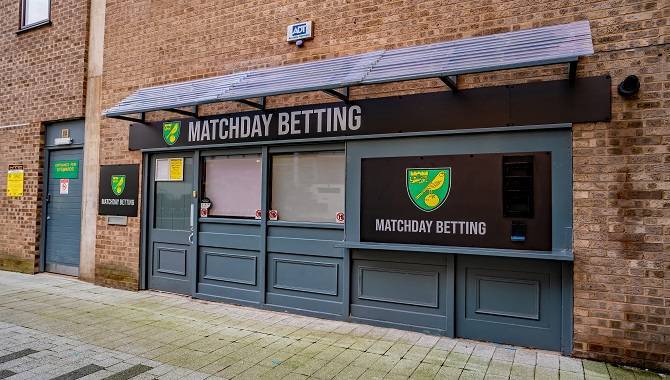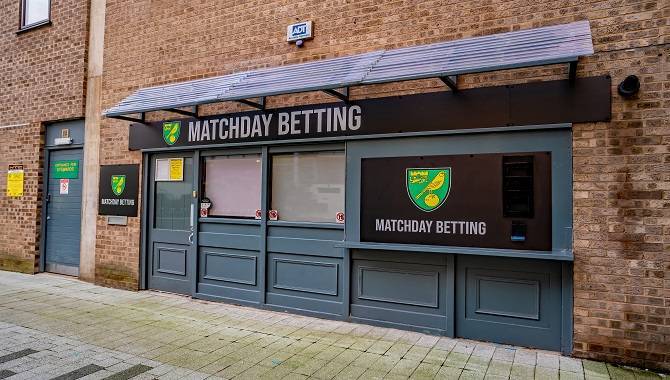
In an opinion piece for Politics Home, the CEO said calls to ban gambling advertising, which have intensified ahead of Euro 2020, are simply not backed up by evidence.
In his piece, Dugher pointed to an academic study that was put forward by John Whittingdale, the DCMS Minister leading the Government’s ongoing gambling review.
The study suggested there was no causal link between exposure to advertising and the development of problem gambling.
He also highlighted the betting industry’s vital support throughout the Covid-19 pandemic, when during an “unprecedented cash crisis” for football clubs the betting industry provided millions.
Dugher said: “This financial support has been especially important during the pandemic, with the absence of crowds leaving a black hole in clubs’ balance sheets.”
However, critics argue the inclusion of sports betting companies in football could result in a rise of problem gambling, while also exposing gambling to younger fans.
Therefore, The English Football League asked University of Liverpool Professor, Ian McHale, to carry out his own research on the relationship between gambling advertising and football.
His study found there was no evidence that showed betting companies becoming sponsors would increase participation in betting.
Despite this, a ‘whistle-to-whistle ban’ was introduced on TV betting commercials from five minutes before a match starts to five minutes after it ends.
This led to a decline in 97% of the number of adverts seen by children.
Dugher concluded: “Of course, there will also be anti-gambling campaigners – Sunday school prohibitionists and the like – who will use any excuse to repeat their calls for banning advertising.
“But serious policy-makers have to deal in evidence, not excuses. The painful reality for those who don’t like betting is that their arguments simply do not stack up.”



